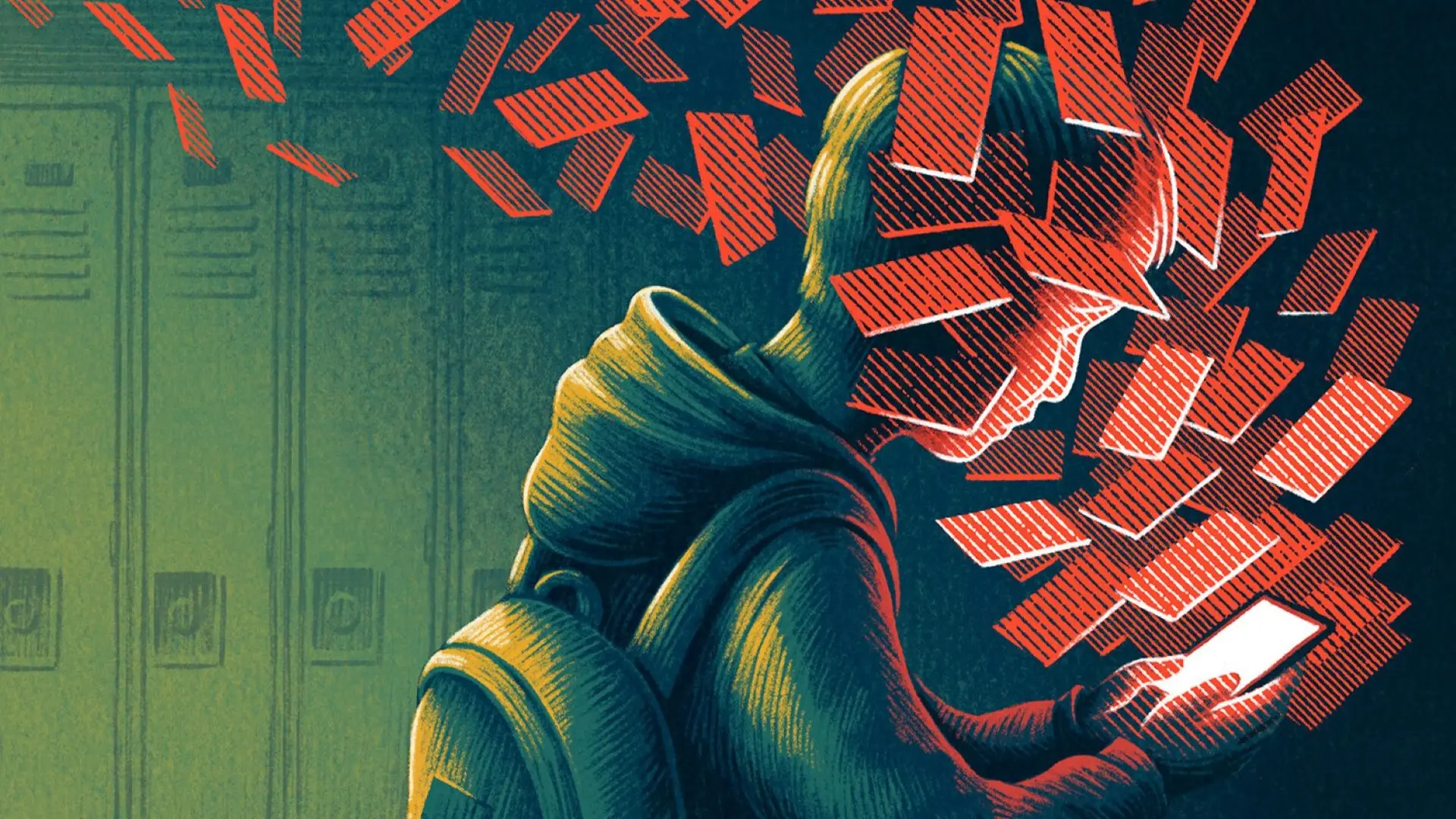Meta. Addressing online scientific misinformation in high schools
Website's ProjectMeta. Addressing online scientific misinformation in high schools
Website's Project
Funded by Fondazione Cariplo, this project addresses the spread of online scientific and technological misinformation within high schools.
The aim of the project is two-fold:
- identifying the sociotechnical factors that influence the willingness of young generations to accept unreliable scientific and technological information as valid;
- experimenting with innovative tools and practices that will help high school students to master online information flows and to easily discern between reliable and unreliable information.
The uncontrolled circulation of disinformation online has become a major social problem. The processes by which disinformation penetrates social circles and undermines collective trust in expert knowledge remain partly obscure. While the production and circulation of scientific and technological disinformation have been widely described by scholars, little research has focused on the processes of reception and acceptance.
The project involves three research groups from two different academic partners, Politecnico di Milano and Università Cattolica di Milano, experts in three established research fields: Science and Technology Studies, Data Science and Media Studies.
The research integrates a qualitative research methodology applied to selected school classes with the quantitative analysis of information circulation networks. Based on the results collected and in collaboration with teachers and educational experts in the schools, the project will develop ad hoc educational interventions aimed at equipping students with the cognitive and experiential resources they need to recognise the socio-technical dynamics of circulation, reception and acceptance of misinformation.
This project therefore aims to have an impact on the relationship between science, technology and society by reinforcing public awareness of the functioning of expert knowledge and to contribute to the consolidation of an informed digital citizenship by fostering the development of a close relationship between scientific, educational and institutional actors.
Image credit: Brian Britigan